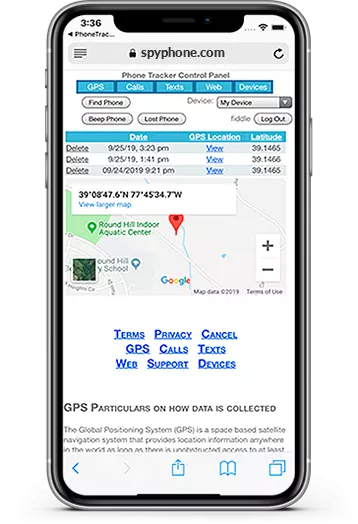
Identifying Signs of Depression in Children and How You Can Help
Spy Phone at Jun 2 2020 1:50PM

Identifying Signs of Depression in Children and How You Can Help
It is normal for a child to feel down, sad, or irritated. From time to time, he or she may also experience bad moods. It’s when these negative thoughts and feelings linger for extended periods of time, and they affect a child’s ability to function, that it could be depression.
What are some of the signs of depression in children?
Depression is a mood disorder. A child affected by this disorder may exhibit the following signs:
- Irritability or sadness that persists for extended periods of time, i.e. weeks or months.
- Negative thinking, i.e. focusing on faults and problems all the time.
- Self-critical
- Expressing complaints more often than usual.
- Loss of interest in activities they once loved.
- Feeling tired and low in energy
- Loss of appetite
- No interest in schoolwork
- Withdrawing from friends and family
When a child is feeling depressed, he or she may feel rejected, unlovable, or even worthless. In severe cases, the child may contemplate suicide and self-harm.
How can you help a child with depression?
As working parents, it may feel difficult to keep tabs on everything that your child says and does. However, there are a few things you can do to identify signs of depression before they progress even further.
1) Download a Spy App
Parents can easily monitor what their child is doing online through a spy app downloaded directly onto the child’s device. This enables parents to read their child’s communications, i.e. emails, information shared in chat rooms, messages posted on social media networks, etc. Parents can even keep track of the websites that their child might visit.
2) Engage in regular discussions
Many kids ignore, deny, or hide their feelings. Some may not even recognize that they’re depressed. Older children will often act like they don’t need any help. In such cases, parents must demonstrate love and offer lots of support. Have open discussions with children about their feelings and especially about things they’re doing and the happenings at school.
3) Visit the pediatrician. The child’s doctor will conduct a complete physical exam and rule out underlying health conditions that may exhibit depression-like symptoms. In case the pediatrician thinks it is depression, he or she may provide a referral to a mood disorder specialist for further treatment.
4) Speak to a mental health specialist. You may seek guidance from a child/adolescent psychologist or psychiatrist. They will conduct the necessary tests and recommend the appropriate treatment. Common treatment options include talk therapy, behavior modification strategies, and sometimes, medicine. Parents are also counselled along with their children. This focuses on how the parents can provide better support and respond to their child’s treatment.
5) Ensure your child receives good nutrition, adequate sleep, and regular physical activity
Nutritious food, sufficient sleep, and an active lifestyle have positive effects on mood.
6) Spend time together
Parents are encouraged to spend more quality time with their children. Engage in activities that are pleasurable to the child such as playing a game, watching a funny movie, cooking a recipe, etc. This will help your child overcome depression.
If you identify signs of depression in your child, seek help from your child’s paediatrician immediately. Provide lots of love, quality time, and support, including plenty of healthy food and opportunities for physical activity. This will help your child overcome depression.
